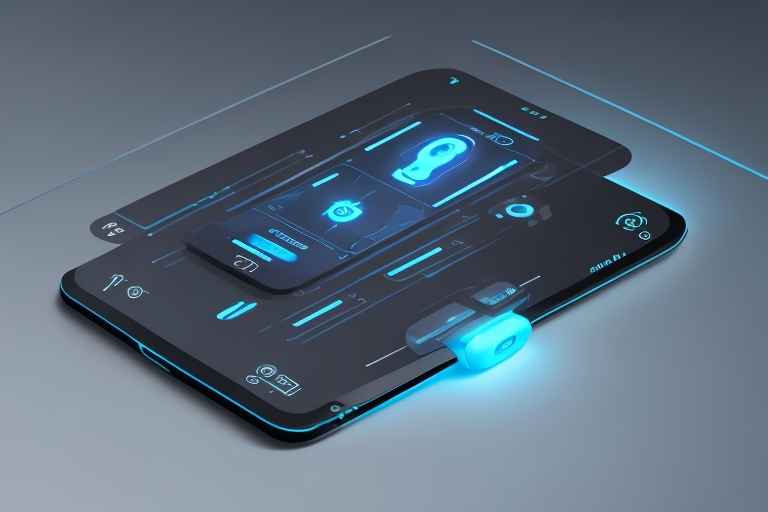
- May 8, 2022
- allix
- Research
Google’s new TensorFlow Lite will soon make Android smarter, giving the smartphone system better AI-dependent features. This new machine learning framework designed by Google Brain Team is specifically created to work on mobile devices, especially smartphones. The search engine giant unveiled this new artificial intelligence technology on Wednesday, May 4 for its upcoming Google I/O developer conference, which kicks off on May 11.
Google TensorFlow Lite to make Android smarter
According to computer worldAccording to the latest TensorFlow Lite report, the new TensorFlow Lite is part of the original open-source TensorFlow project. “TensorFlow Lite will take advantage of a new neural network API to leverage silicon-specific accelerators, and over time we expect to see digital processing chips purpose-built for neural network inference and training”, said Google. The tech giant maker added that the new capabilities of TensorFlow Lite will enhance next-generation visual search, on-device speech processing, and augmented reality. For this reason, Google said the new TensorLite Flow framework will make next-generation mobile hardware more advanced. For the past few years, application developers have needed massive computing power just to create advanced machine-learning applications. Now, once the new TensorFlow Lite is widely implemented, application experts should have easier machine learning processes.
Other details of TensorFlow Lite
By TensorFlow official site explained that the new AI-based framework offers different programs that app developers can use to improve their skills. These include in particular the following:
- Basic machine learning with TensorFlow (for beginners)
- TensorFlow for JavaScript development (for beginners)
- Theoretical and advanced machine learning with TensorFlow (for intermediates and experts)
In addition to these, the new TensorFlow Lite also offers pre-trained models, such as the following:
- Object detection (features capable of detecting multiple objects contained in boxes)
- Image classification (characteristics for identifying animals, plants, places, people, and other objects)
- Gesture recognition (features to identify user gestures via webcams)
Meanwhile, the new Google Nest Camera Alexa Support feature should arrive on new models. On the other hand, the new Google Web3 Team should help companies create their own Web3 systems.
Categories
- AI Education (39)
- AI in Business (65)
- AI Projects (87)
- Research (107)
- Uncategorized (5)
Other posts
- Medical Treatment in Brazil: Advanced Healthcare, Skilled Specialists, and Patient-Focused Care
- Dental Treatment in China: Modern Technology, Skilled Dentists, and Comprehensive Care for International Patients
- Plastic Surgery in China: Advanced Aesthetic Medicine Supported by Precision, Innovation, and Skilled Specialists
- Ophthalmology in China: Advanced Eye Care Guided by Innovation, Expertise, and Patient-Focused Treatment
- Finding Care, Calm, and Confidence: Why Patients Are Looking Toward Beroun in the Czech Republic
- Choosing Health, Energy, and a New Future: Exploring Gastric Bypass in Diyarbakır, Turkey
- When Facial Hair Tells Your Story: Considering a Beard Transplant in Phuket, Thailand
- When Prevention Becomes Power: Understanding Liver Cirrhosis Risk and Modern Screening Approaches in Spain
- When the Abdomen Signals Something Serious: Understanding Abdominal Aortic Aneurysm and Getting Expert Evaluation in Islamabad
- When Back Pain Becomes More Than “Just Pain”: Understanding the Need for Microdiscectomy
Newsletter
Get regular updates on data science, artificial intelligence, machine



